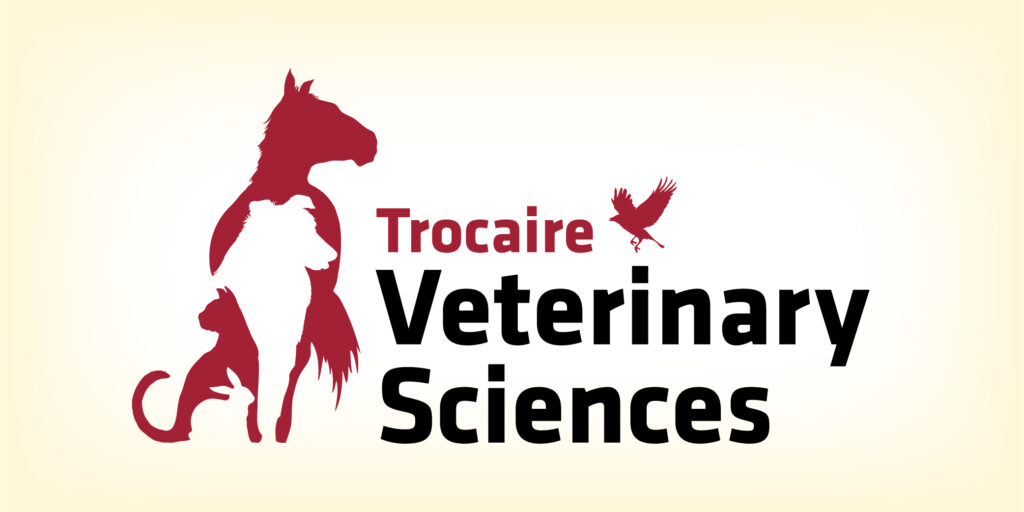Trocaire College’s Veterinary Sciences Department Offers Pet Tips for the Holidays

The veterinary sciences faculty at Trocaire College, a private, Catholic college providing a pathway for students to build careers of achievement and lives of purpose are offering their top five holiday safety tips for pet owners. Pets are like family but have very different needs during this holiday season.
“The holidays can be stressful for our pets with changes to routines including lots of unfamiliar people visiting, loud noises, new smells and changes in environment with decorations,” said Katie Fitzgerald, DVM, Dean of Veterinary Sciences, Trocaire College. “With our new veterinary sciences department, Trocaire has dived into the world of animal care and safety full force. We want to offer our expertise to the community and help prevent your furry friends from feeling overwhelmed.”
The top five holiday safety tips from Trocaire’s veterinary sciences faculty include:
- Eliminate table food. While it might be tempting to share your holiday feast, it’s safer to keep your pet on their regular daily diet. Holiday foods often contain fatty, spicy, and sweet ingredients which can be dangerous for your pet. And always remember to avoid giving dogs and cats chocolate as it is toxic to them.
- Decorate with pets in mind. Pets may be curious about new, shiny decorations. Try to avoid string, tinsel, or even hooks which could be ingested.
- Watch the lights and candles. Just like shiny decorations, pets may also be intrigued by twinkling lights and candles. Wires from lights may cause harm to pets should they bite the wire or become entangled. Candles can also burn curious paws or active tails.
- Protect pets from plants. Several festive plants and floral decorations available at this time of the year can be both dangerous and, in some cases, poisonous to pets. These include poinsettias, mistletoe, and holly. The ASPCA offers a list of plants on its website that are toxic to both dogs and cats. If you believe your pet is ill or may have ingested a poisonous plant, contact your veterinarian right away.
- Remember pets get stressed too. Try to stick to a regular routine as much as possible with your pet. Provide them with a dedicated space of their own with a familiar blanket or toys amidst the hustle and bustle.
Trocaire College offers an in-person and online associate degree veterinary technician program, which features a combination of classroom learning, clinical experiences, and hands-on labs. Veterinary technicians assist veterinarians, working with veterinary staff and providing treatment to animals. For more information, visit trocaire.edu/academics/academic-program/veterinary-technology/.

